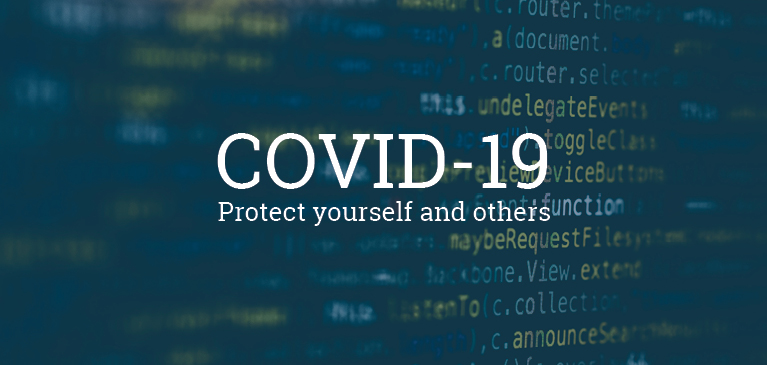
Crisis situations bring out the best and worst in people, and our current pandemic has produced a few coronavirus-related scams you should be aware of to keep yourself secure.
Unscrupulous people may try to use the fear and anxiety over the coronavirus (or COVID-19) to sell you a coronavirus ‘cure’ or expensive coronavirus ‘insurance’ protection. Scammers may attempt to impersonate a bank or local organization to steal personal information or property from you.
Use extra precaution while in this “stay home” situation. Don’t let a stranger without an appointment into your house or onto your computer. Validate their credentials first! Please know, while GreenStone’s team is working from home, our teammates (with the exception of our GreenStone appraisal and inspection staff) are not visiting customers in person. If an urgent need arises, we will not come to you without calling to make an appointment with you first. We’ve asked any vendor as part of a loan process, such as an appraiser, to do the same. If someone you aren't expecting states they work for GreenStone, call your financial services officer or local branch office. If the stranger cannot be verified, turn him/her away at the door. It is always better to err on the side of safety!
Your computer needs to be safe-guarded, too. For many of us, staying at home while sheltering in place entails using online options to complete household and work-related transactions. There are a few easy things you can do that go a long way toward keeping your accounts secure. Since your computer is your first line of defense against cyber-thieves, it is worth your time and energy to do what experts recommend:
Keep your computer software up to date! Updates to your Windows or Apple operating system provide patches that protect your computer against malicious software that can take control of your computer and steal your personal information. You can also purchase and download antivirus software, which offers extra security solutions that help protect your data and block threats from your device.
Change your password! Consider using 2-factor authentication for logging onto your computer. With 2-factor authentication, if someone steals your password, they still won't be able to get into your computer without submitting a third piece of validation, which is normally a code sent to your phone. No one likes to go through an extra step for computer access, but think of it as performing one extra click to protect your privacy – and possibly your money.
Access Accounts Securely! GreenStone offers customers a secure My Access portal for online payments, financing, and document exchange.
Don’t fall for ‘phishing’! The coronavirus has been the predominant news story lately, and with an increase in media and news exposure, more and more people are Googling to see what they can do to protect themselves and their families. Criminals have taken notice and have begun to register domains to use in phishing (fake email) attacks to spread another type of virus across the internet. According to Check Point’s Threat Intelligence:
“Since January 2020, there has been over 4,000 coronavirus-related domains registered globally. Three percent were found to be malicious and another 5% are suspicious.”
Check Point goes on to say that coronavirus-related domains are 50% more likely to be malicious than other domains registered at the same time.
In many instances, criminals are sending phishing emails that appear to be from different health organizations. These emails have malicious document attachments that are being used to spread malware.
As with any phishing email, there are red flags to look for to avoid falling for a phishing attempt:
• The email (or email address) has improper spelling or grammar mistakes.
• The email urges you to take immediate action – “Exclusive Coronavirus Cure”
• The email asks you to purchase or donate to a health organization.
• The email includes suspicious attachments – NEVER open attachments from unknown senders.
Your awareness of email phishing, along with updated software and password protection, will help you work online safely from home and will help defend your own computer from malicious outside attacks.
Prepared with GreenStone Vice President of Information Security Matthew Cosgrove.
Reference:
Check Point Blog. (2020, 03 05). Update: Coronavirus-themed domains 50% more likely to be malicious than other domains. Retrieved from Check Point.


